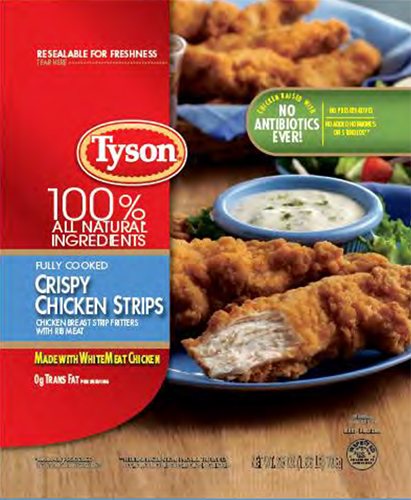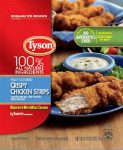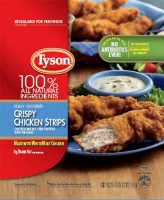Last week U.S. Congressman and chairman of the Select Subcommittee on the Coronavirus Crisis James E. Clyburn (D-SC) launched an investigation into OSHA, Tyson Foods, Smithfield Foods and JBS USA over the nationwide coronavirus outbreaks at meatpacking plants that have led to the deaths of at least 270 employees. Nearly 54,000 workers at 569 U.S. meatpacking plants have tested positive for COVID-19, according to the Subcommittee and media reports.
 “Public reports indicate that under the Trump Administration, the Occupational Safety and Health Administration (OSHA) failed to adequately carry out its responsibility for enforcing worker safety laws at meatpacking plants across the country, resulting in preventable infections and deaths. It is imperative that the previous Administration’s shortcomings are swiftly identified and rectified to save lives in the months before coronavirus vaccinations are available for all Americans,” the letter to James Frederick, deputy assistant secretary of labor for OSHA stated. “The Select Subcommittee strongly encourages you to take all necessary steps, including under President Biden’s Executive Order on Protecting Worker Health and Safety1and your other existing statutory authorities, to protect workers from the risks of the coronavirus by issuing clear guidance to employers, enacting an emergency temporary standard, and enhancing enforcement efforts.”
“Public reports indicate that under the Trump Administration, the Occupational Safety and Health Administration (OSHA) failed to adequately carry out its responsibility for enforcing worker safety laws at meatpacking plants across the country, resulting in preventable infections and deaths. It is imperative that the previous Administration’s shortcomings are swiftly identified and rectified to save lives in the months before coronavirus vaccinations are available for all Americans,” the letter to James Frederick, deputy assistant secretary of labor for OSHA stated. “The Select Subcommittee strongly encourages you to take all necessary steps, including under President Biden’s Executive Order on Protecting Worker Health and Safety1and your other existing statutory authorities, to protect workers from the risks of the coronavirus by issuing clear guidance to employers, enacting an emergency temporary standard, and enhancing enforcement efforts.”
Clyburn and the Subcommittee issued a letter to Dean Banks, president and CEO of Tyson Foods, Dennis Organ, president and CEO of Smithfield Foods, and Andre Nogueira, president and CEO of JBS USA. Each letter pointed out the shortcomings of each company in adequately addressing the outbreaks that occurred among its workers.
“Public reports indicate that meatpacking companies … have refused to take basic precautions to protect their workers, many of whom earn extremely low wages and lack adequate paid leave, and have shown a callous disregard for workers’ health,” Clyburn stated in the letter. “These actions appear to have resulted in thousands of meatpacking workers getting infected with the virus and hundreds dying. Outbreaks at meatpacking plants have also spread to surrounding communities, killing many more Americans.”
The Subcommittee has asked OSHA and each company for documentation related to the COVID infections and deaths, as well as their enforcement of worker protections under the Trump administration.














